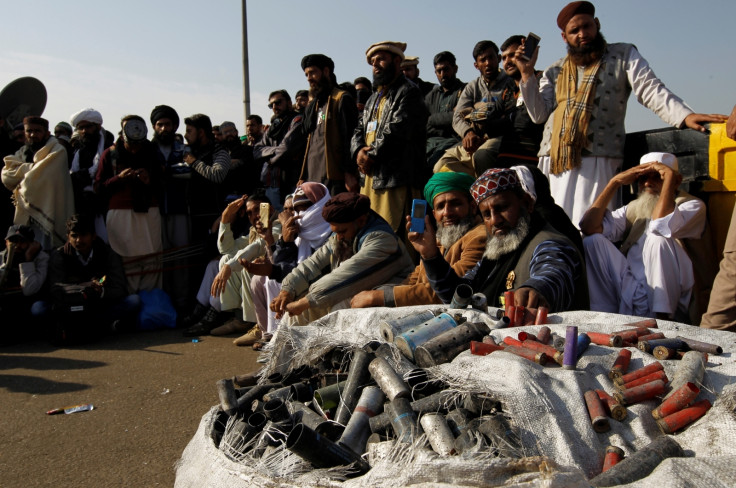Pakistan court sentences man to death in lynching case
While the main accused in the lynching incident was given death sentence, 5 others received 25 years of prison term.

A Pakistani anti-terror court sentenced a man to death and gave five others 25 years of imprisonment in the death of Mashal Khan, who was found to be falsely accused of blasphemy and then lynched.
The Haripur Anti-Terrorism Court (ATC) pronounced its verdict on Wednesday, 7 February, from inside a jail as the proceedings took place there for security reasons. Hundreds of personnel were deployed as part of the heightened security measures.
In the incident that took place in April 2017, Khan was dragged out of his university accommodation by an infuriated mob, and then thrashed and shot dead. His body was later found mutilated. Most of the 61 suspects arrested by the police were Khan's fellow students at the Abdul Wali Khan University in Khyber Pakhtunkhwa (KP) province.
Twenty-six others were acquitted as the judge read out the verdicts for each of the accused. The key accused, Imran Ali, who had confessed to shooting the victim, was given the death sentence.
"We will consult our lawyers and see if we are satisfied with the verdict. My only appeal to the KP police is to arrest the rest of the suspects and bring them to justice as well," the victim's brother, Aimal Khan, told reporters outside the courtroom.
Bilal Bakhsh, Fazal-i-Raziq, Mujeebullah, Ishfaq Khan and Mudassir Bashir were all given 25 years of jail term. Police have found no evidence to suggest that the lynched victim had committed any act of blasphemy and regarded the death as a premeditated murder.
The 25-year-old victim was a vocal critic of the university administration.
Pakistan has some of the harshest blasphemy laws in the world that have attracted sharp criticism from rights groups. Minority communities including Islamic sects face frequent persecution in the Muslim-majority country, where the state religion is Islam.
Khan's lynching sent shockwaves across Pakistan and triggered a debate over blasphemy laws in the country.






















